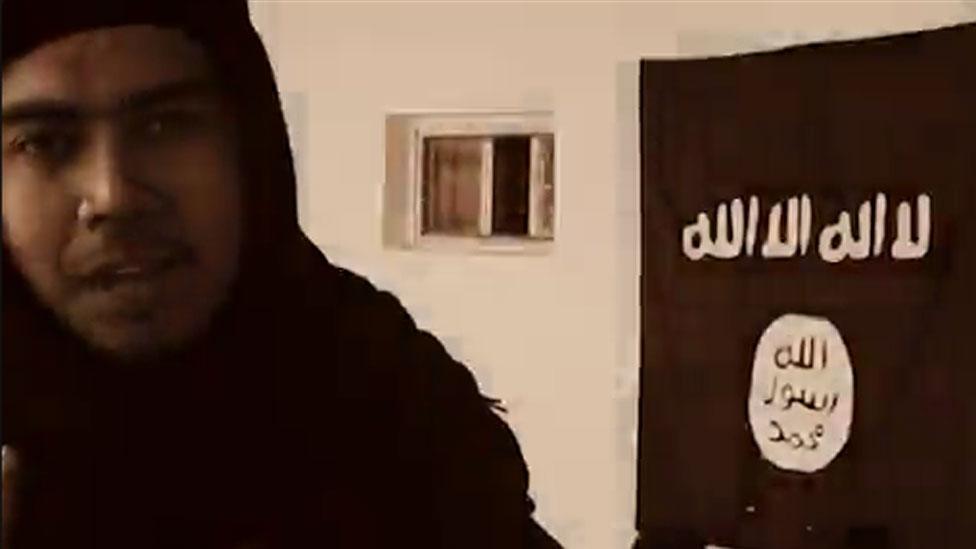Justin Trudeau: Canada and UK to press allies on ransoms
- Published
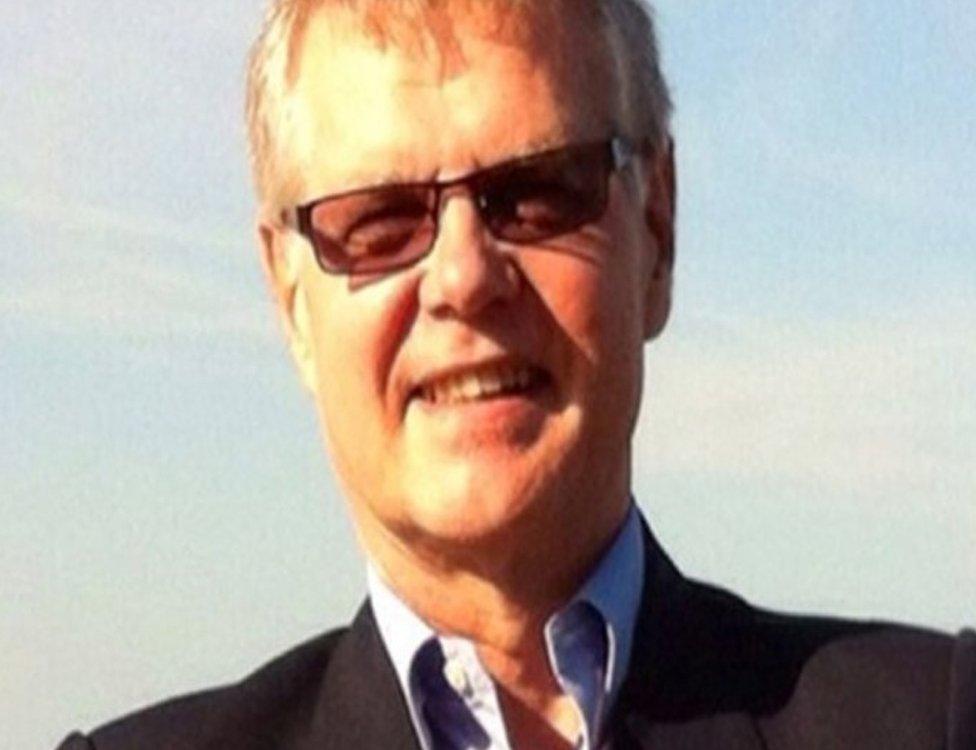
John Ridsdel, 68, was a former mining executive
Canada and the UK will press other nations over making ransom payments, Canadian PM Justin Trudeau says, after the killing of a Canadian hostage.
"Canada does not and will not pay ransom to terrorists, directly or indirectly," Mr Trudeau said.
He said he and UK counterpart David Cameron agreed that the practice of paying ransom was wrong.
On Monday it emerged that John Ridsdel, 68, had been killed by Islamist extremists in the Philippines.
He was captured by the Abu Sayyaf group last September with three others.
The Philippine army said his severed head was discovered hours after a ransom deadline expired.
Ransoms, Mr Trudeau said, helped support militant activities and endangered foreign nationals.
On his phone call with Mr Cameron, he said: "We agreed that it is something that we are going to make sure we do bring up with our friends and allies around the world.
"We need to make sure that terrorists understand that they cannot continue to fund their crimes and their violence from taking innocents hostage."
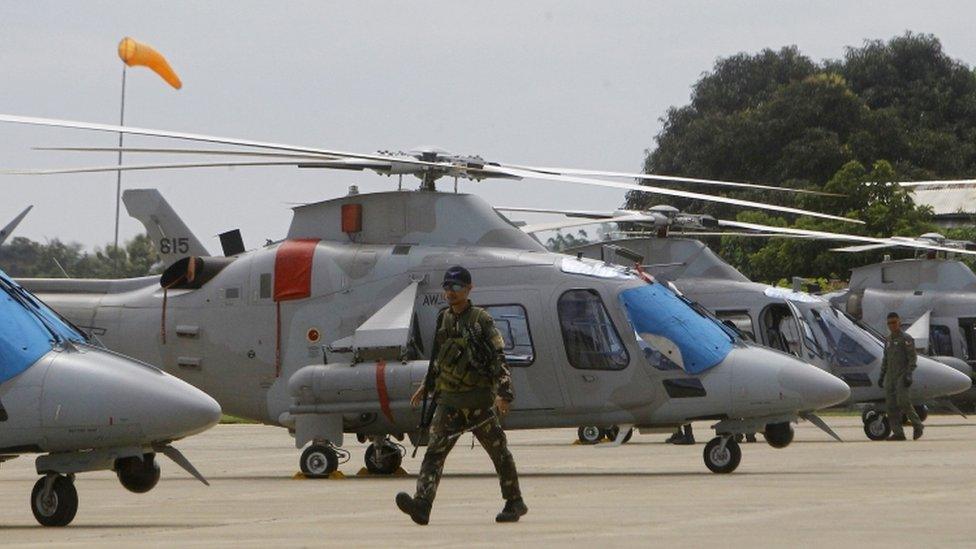
Efforts are under way to secure the release of other hosatages held by Abu Sayyaf
Efforts are under way to try to secure the release of the three other Abu Sayyaf hostages: a Canadian, Robert Hall; a Norwegian, Kjartan Sekkingstad; and a Filipina woman, Mr Hall's girlfriend, Marites Flor.
Despite being weakened by government offensives, security experts say Abu Sayyaf has endured partly due to funding from ransom payments.
The Philippine military has vowed to use the "full force of the law" to bring the militants to justice.

Q&A: Abu Sayyaf
What is Abu Sayyaf? One of smallest but most radical of Islamist separatist groups in southern Philippines, its name means "bearer of the sword" in Arabic. It split from the larger Moro National Liberation Front in 1991. Membership is said to number in the low hundreds.
What does it want? The group has been agitating for the creation of an independent Islamic state in predominantly Catholic Philippines, and uses tactics such as hostage-taking and bombings to pressure the government. Several of its factions have pledged allegiance to the so-called Islamic State.
How dangerous is it? Numerous Filipino and foreign civilians have been kidnapped in south Philippines and parts of neighbouring Malaysia over the decades, and used as hostages to extract ransoms. Though some have been released after negotiations or attacks by Philippine forces, others have been murdered when demands were not met. Abu Sayyaf has also said it carried out bombings in cities in the south and a ferry bombing in 2004 in Manila Bay that killed more than 100 people.

More from the BBC - Is it right to pay ransoms?
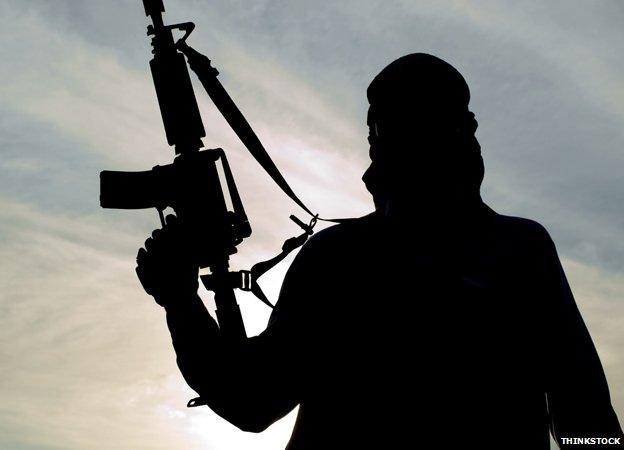
The killings of US journalists and British aid workers in Syria, and a French hiker in Algeria have highlighted the dilemma for governments over whether to pay ransoms. Should payouts be made to save lives, or do they encourage more kidnappings and fund conflict? Read this 2014 feature from the BBC Magazine.
- Published14 June 2016
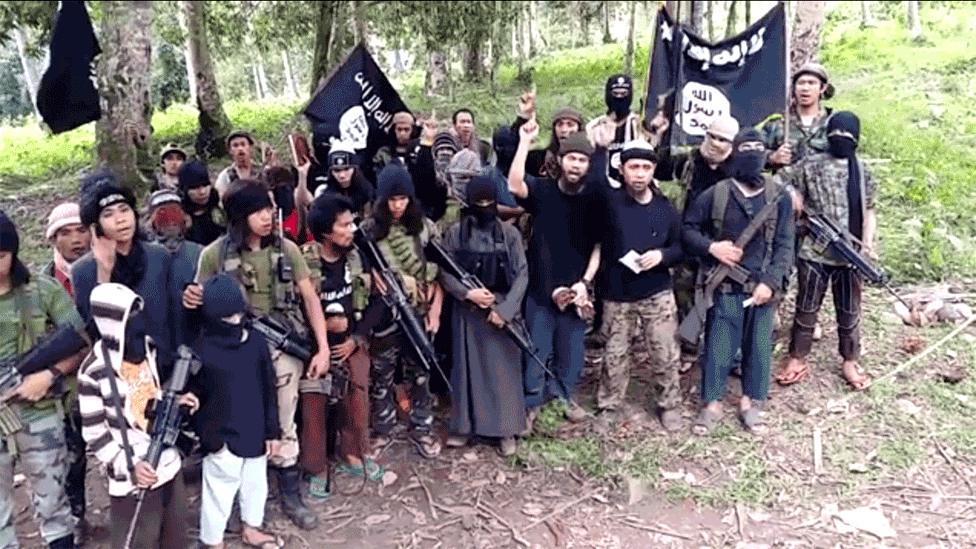
- Published26 April 2016
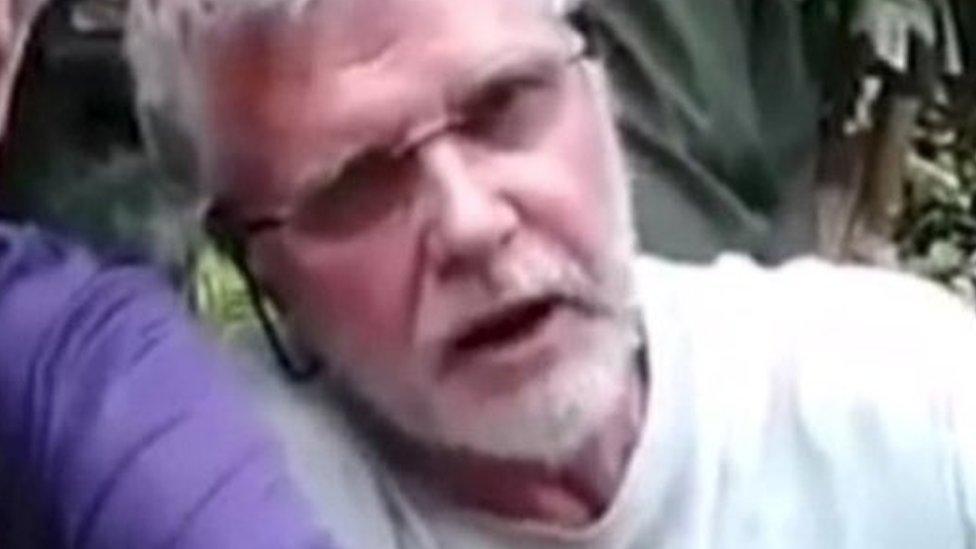
- Published6 April 2016
